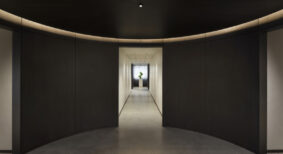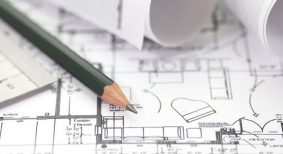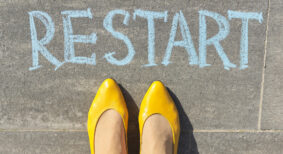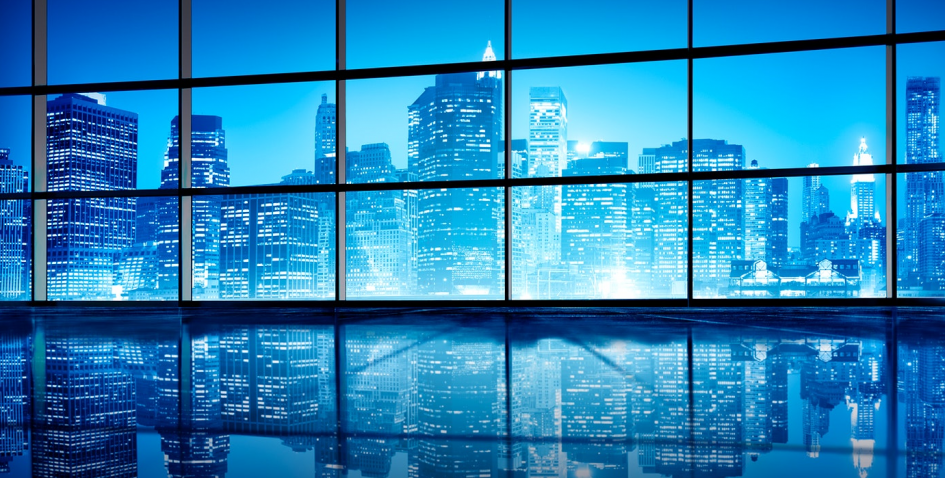The current COVID-19 pandemic is rapidly changing the way we live and the way we work. Do these changes signal long-lasting impacts on the design and architecture of our cities?
UBC professor Patrick Condon, the James Taylor chair in Landscape and Livable Environments at UBC’s School of Architecture and Landscape Architecture, shares his thoughts on the coronavirus impact.
How is the COVID-19 pandemic changing city life?
Social distancing is kicking in, you can see it in the fear in the eyes of those walking around our city streets. Suddenly narrow sidewalks are uncomfortable. Adjusting to the new normal will take time. We are currently going through a time of ignorance (gatherings at Kits beach without social distancing) and fear (people crossing streets to avoid confrontations on sidewalks). Neither one of these things are pretty. In some cities such as Portland, they are having social distancing street parties where neighbours gather with their favourite beverage at 6 p.m. on sidewalks and boulevards at a safe but still conversational distance. I hope that happens here but for the moment, people are confused and frightened.
What are the potential impacts of the current crisis on usage and development of transit systems?
I think this will be another blow to urban transit, which is ironic because transit will be needed to solve the climate crisis and some argue that the global pandemic is caused by disruptions to nature systems caused by an altered climate. It will likely be a boost to the ride-hailing industry. It’s truly unfortunate that the province did not make electric vehicles a requirement for ride-hailing when they had the chance. That might have been a silver lining for urban air quality over time.
How do you think it will affect the way we design and build our cities? Will there be fewer high-density condo buildings?
The rich will withdraw even more behind the protection of doormen and gated communities. Sanitized cars with drivers on call. Everyone else will be more fearful of any public contact, at least for a number of years, if not a decade or more. Remote work will dramatically accelerate.
Our current trend of housing inequality in the region needs to be addressed when this is over. It makes no sense to continue a trend where increasingly the rich live in Vancouver and wage earners who provide services to the city (teachers, health care workers, food industry workers) are all being forced further and further east. In times of pandemic this inequity is increasingly glaring because it endangers commuting workers and interferes with the smooth functioning of the city. This is one of the reasons that I have long called for the construction of thousands of non-market housing units in Vancouver—to provide housing for our wage earners. The lion’s share of the speculation tax and the school taxes have been levied on Vancouver property, but we are not seeing that money come back to the city to fix our housing crisis.
How will it affect community services like public libraries and recreation centres?
Similarly, those public gathering places that are already being weakened by the internet will be further weakened. And with public resources shifting into plague control, they will suffer a drop in funding. Unfortunately, I foresee a continued slide in our civic infrastructure and reduced taxpayer support for these functions. In the end, I suspect that our concerns post-crisis will be more basic: i.e. where can I live affordably and how can I access job and services safely.








Hi professor Condon
I love this ‘what’s next’ stuff. Near-term I foresee drone-delivery developing.
Manual and electric Bicycling is already taking off and is the key component of our future long-term carless utopia. I’ve never owned a car and resent the gridwork of death this cult has imposed just outside our front doors. You are your car!
Now that Nature itself has given our species a cuff upside the head we’re forced to first, do no harm.
No idea what we’re gonna do with all those useless cars though.
These ‘prophecies’ sound like a done deal…
Uh.. VACCINE?…